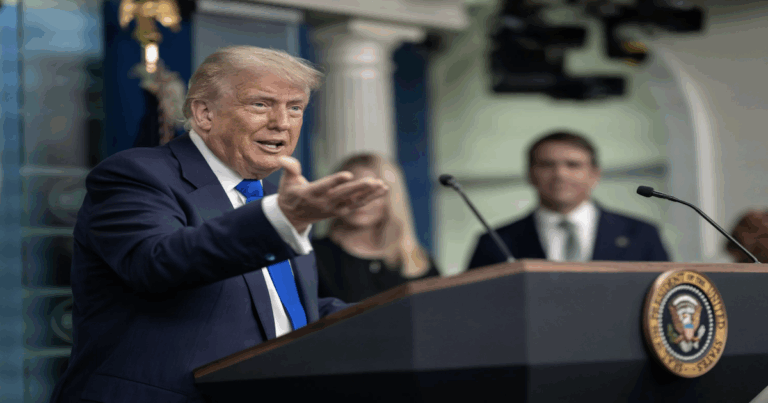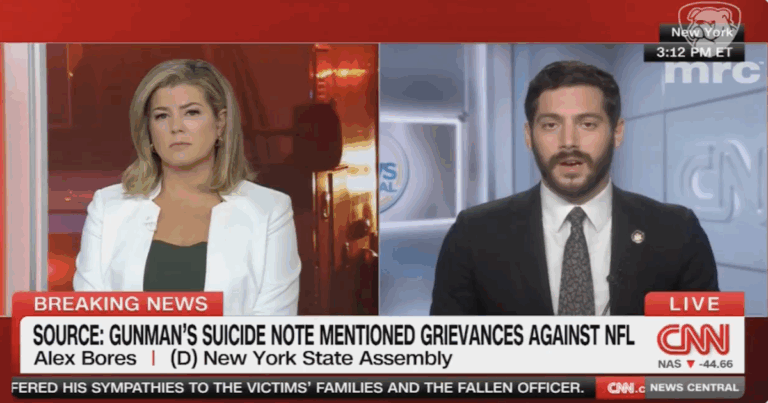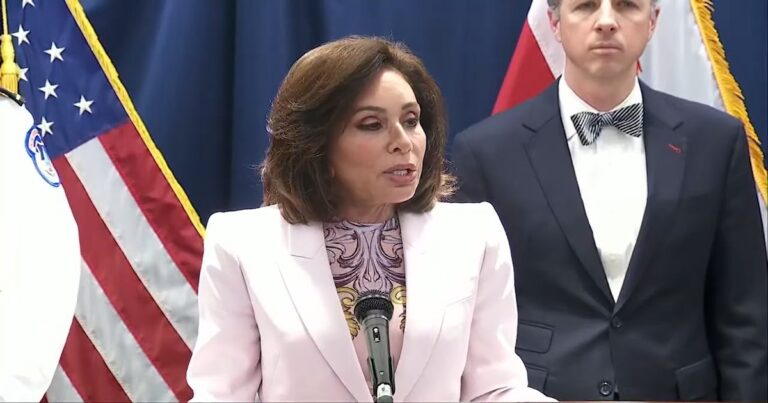Key Takeaways:
- Tariff Increase Hits Friday: Trump raised tariffs on Canadian imports from 25% to 35%, citing Ottawa’s failure to curb trafficking and criminal activity.
- Deadline Ignored: Canada missed Trump’s Friday trade deal deadline, triggering automatic penalty tariffs.
- Accountability First: Trump’s move underscores his America First approach—no more trade perks for countries that ignore security threats.
President Donald Trump isn’t playing around when it comes to national security and fair trade. On Thursday night, the White House announced that tariffs on Canadian imports will rise to 35% from 25%, effective Friday, after Canada failed to meet Trump’s deadline to crack down on drug trafficking and cross-border crime.
“Canada had failed to do more to arrest, seize, traffickers, criminals at large, and illicit drugs,” the White House said in a no-nonsense statement.
Trump had warned Prime Minister Justin Trudeau’s government for weeks: either clean up the mess or face the consequences. With no deal by the deadline, the higher tariff kicked in.
Notably, Canada was absent from Trump’s updated tariff list for other trading partners, whose new rates will go into effect August 7. The message is crystal clear: America is done giving passes to weak border enforcement and soft-on-crime neighbors.
While globalists whine about economic “cooperation,” Trump is delivering results—protecting American workers, securing the border, and holding even our closest allies accountable. If Canada wants access to the world’s largest consumer market, it better start acting like a reliable partner—not a liability.









